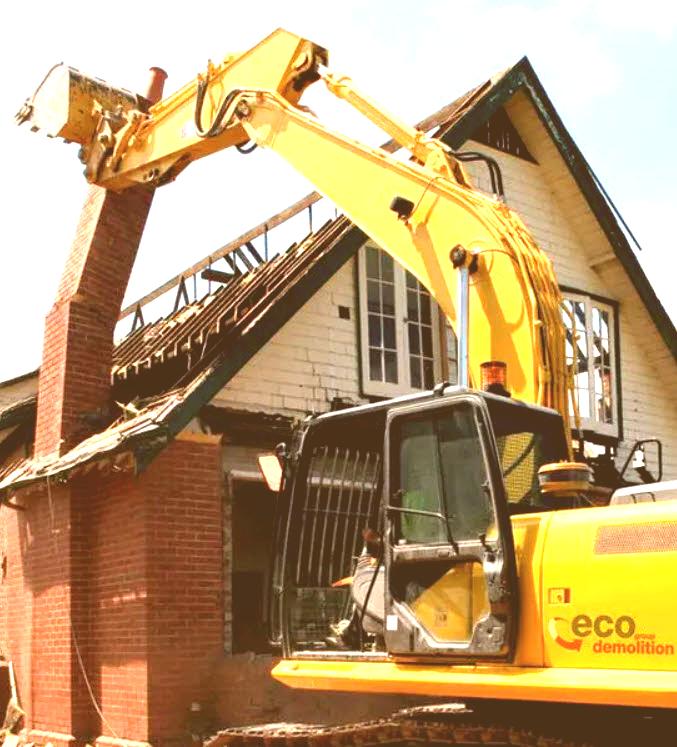
Illegal works - Why does it matter?
Illegal works can be a minefield and potentially quite an expensive minefield depending on the situation.
But most people don’t understand what they are and what are the consequences.
The definition of Illegal work is work that has been undertaken that is not compliant with regulations or does not have the required approvals.
In recent times, we’ve seen a number of these situations and the consequences have been varied.
Situation 1 – Urgent works were completed in the backyard of a house to stop the erosion of the back yard. A large retaining wall was installed that had been designed and certified by an engineer and all built properly. However, when they wanted to sell the house these works had not been approved by Council and so a Building Information Certificate (BIC) was required.
Situation 2 – Our clients purchased a newly renovated house and approached us to design a carport. Existing drawings were not available and we did not find any drawings on the Council website. Also nothing was highlighted during the purchase process about illegal works.
The DA was for the carport was submitted and council review discovered a converted garage which resulted in the roof being too close to the boundary. This is a fire risk for our clients and their neighbours so the carport DA had to be withdrawn while the illegal works were rectified.
Situation 3 – A new verandah was being built and a neighbor complained to Council. It turned out that although council approval was in place for the verandah it was not built in accordance with that approval. The house was in a bushfire zone and Council sent them a demolition order.
A new DA was submitted and approved but the approved verandah was much smaller than the original and not what they really wanted. If the original was built as approved, the complaint would have been investigated but council would not have taken action.
Home owners often had the opinion that they can do what they like on their property and unfortunately their contractors may not let them know what the consequences may be.
It is likely that if noone complains then your local council may not know, but if you submit an application later they do review previous approvals and their records such as aerial photos.
And if you don’t want to sell your house it may not be a concern for a few years but the work needed for a Building Information Certificate is not cheap – you may need drawings prepared, engineers certification, a Building Code of Australia (BCA) report, a survey and possibly other reports.
These situations illustrate a couple we have dealt with but there are others. Each situation is different and the consequences of the illegal works are different depending on your property and the work done. Before you do work check with the Council, a Certifier, Town Planner or Architect and please get the right advice first so you know what your risks are.
(As always this information is general in nature and not site specific – dont make decisions based on this article)
by Ruth Newman
